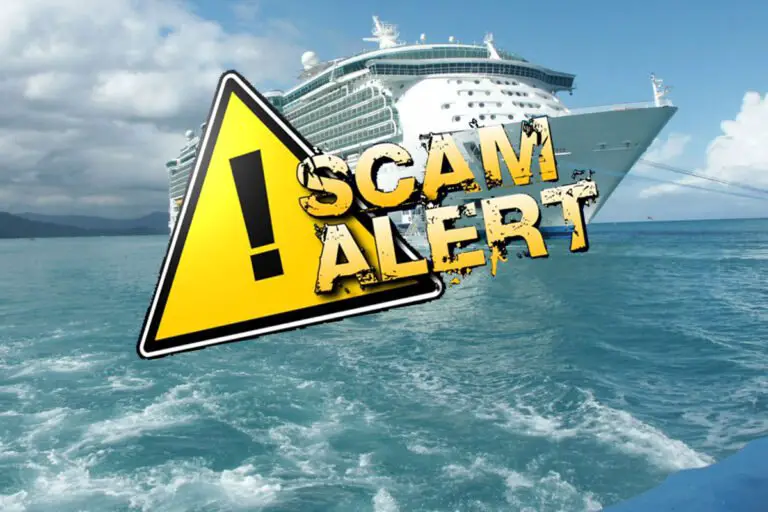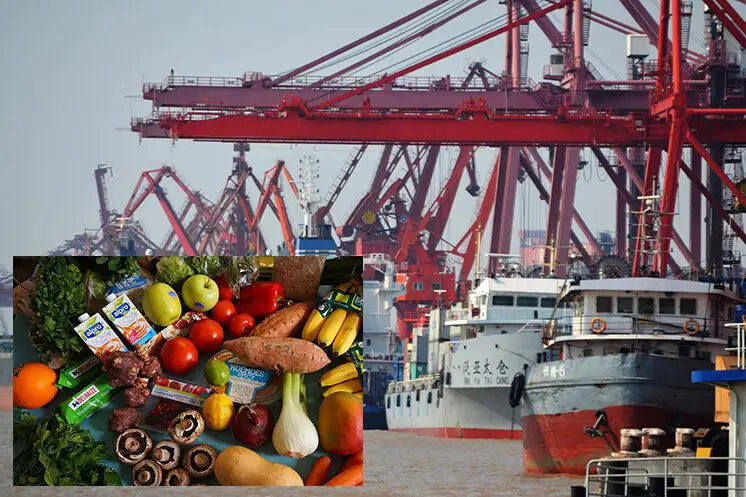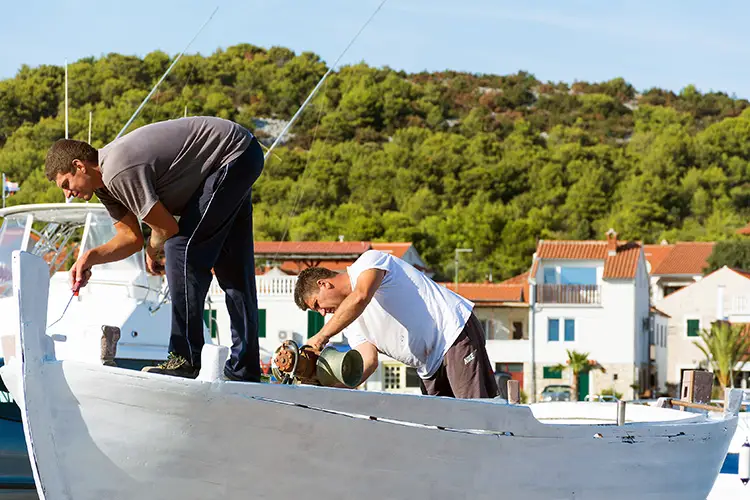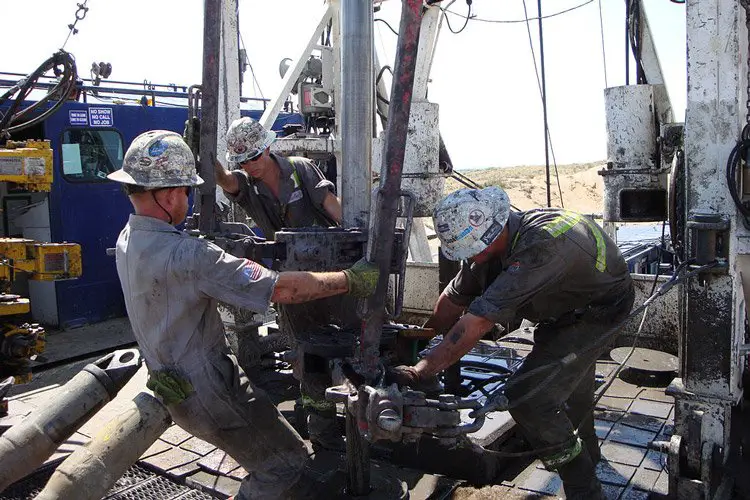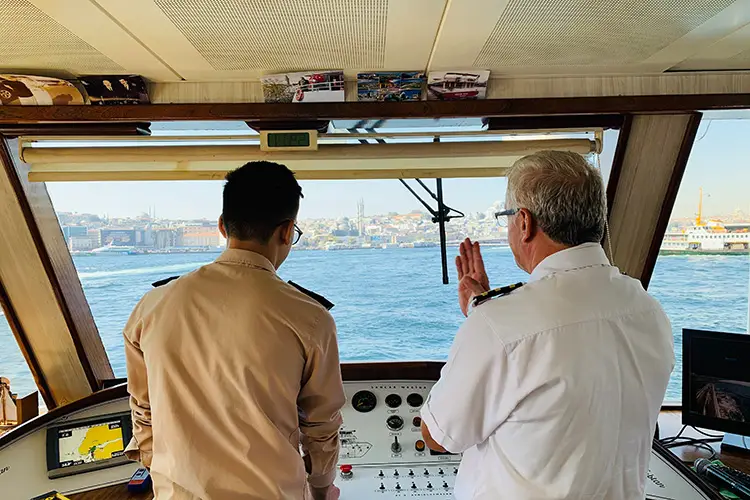What Is The Role Of Chief Engineer Under SOLAS?
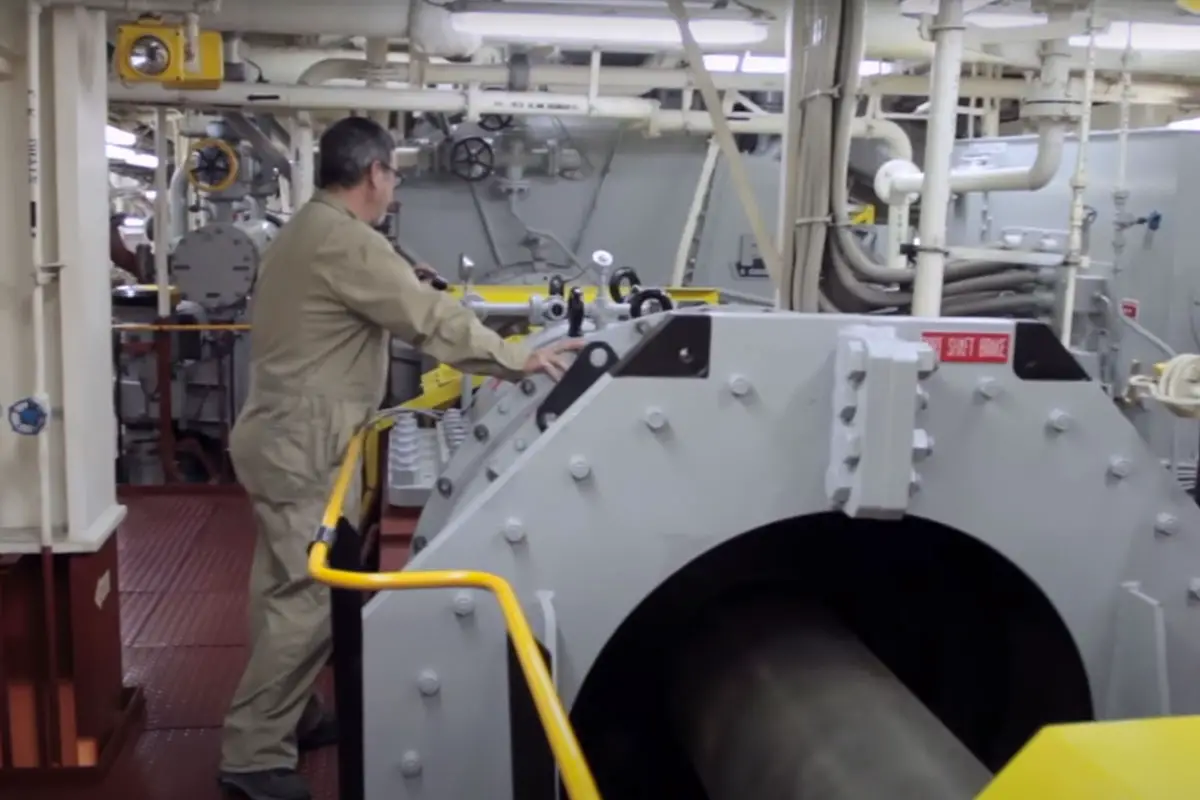
A chief engineer of a ship is the head engineering department and is primarily responsible for the proper working of the engine room machinery and the operation of all mechanical equipment on the ship. A chief engineer is also referred to as “ChEng” or simply “Chief“.
Though the chief engineer is responsible for the Engine room, he reports to the Master/Captain. A chief engineer has to work closely with the Master/Captain to ensure a vessel’s machinery is in perfect order.
SOLAS is an abbreviation of Safety Of Life At Sea. According to its norms, the operation of the ship and its necessary equipment should be properly regularly checked by the chief engineer. The duties and roles of the chief engineer are available in STCW 95 section A- III /2.
Chief engineers are thus directly accountable for the safety of people on board working in the engine room. They work with other members of the crew including engineers and technicians wherein they approve designs, calculate costs, negotiate contracts, and most importantly executing plans safely and efficiently.
Apart from this, a chief engineer must possess excellent problem-solving skills as well as keen analytical abilities. He must have the apt leadership qualities, as well as proficient communication skills. In order to be successful, one should be able to think on their feet and boldly communicate their vision and thoughts to the audience.
Also read: A Comprehensive Guide To Merchant Navy Officer Ranks
Duties Of A Chief Engineer
1) There should be a proper set of standing orders for each crew member under the command of chief engineer.
2) Technical supervision of the operation and development of an engineering project for a major company or a government institution and so on.
3) Look after proper cleanliness of the engine room and other spaces of the ship.
4) Carry out regular inspections of equipment dealing with the ship and personal safety at all times along with supervising the manufacturing process of a product.
5) A chief engineer must check life-saving and fire preventing equipment on a day-to-day basis in order to avoid hazardous casualties.
6) Resort safety and peace by resolving disputes between team members. It is vital that the chief engineer maintains proper conduct with his crew members and address their queries and requirements.
7) Carry out all the duties in compliance with the rules and regulations laid down by the flag state administration, port state authorities, and IMO.
8) Ensure proper maintenance of the incinerator being carried out as per the instructions laid down by the management.
9) Provide proper assistance to the crew during drills so that their response time is minimized and they come out safe and sound.
10) Have apt knowledge and understanding of oily water separator as few companies demand the chief engineer to handle the oily water separator in order to ensure that only clean water is pumped out of the ship through it.
11) Ensure that there is a minimum amount of waste oil collected, it must be burned down in incinerator or given off to shore-based collecting facilities.
12) Perform quality control checks regularly along with checking effectiveness of the system in order to avoid chaos later.
13) Preparing notes including details of every activity maintained in log and record books and reports as per the company’s procedure.
14) Identifying and procuring the resources needed for a smooth voyage.
15) Ensure proper maintenance of fuel and lubricating oil and purifying equipment is carried out in order to minimize the occurrence of leakages. In case any leakages take place, they should be rectified at the earliest.
16) Must be familiar with aspects related to shipboard emergency equipment, response machinery panel, and other imperative emergency machinery. Chief engineers must also demonstrate a thorough knowledge of industry codes.
17) Making sure that the crew under the charge of chief engineer attend all shipboard emergency drills and safety meetings.
18) A chief engineer must ensure proper communication must be maintained with the master in case any sort of emergency prevails so that both deck and engine departments function accordingly. The master of the ship in turn reaches out to local authorities and the shipping office.
19) Negotiate well with the crew members in order to generate new ideas and clarify specifications.
20) It is vital for the Chief Engineer to follow the company guidelines and procedures while tackling an emergency situation.
21) Motivate the crew to prioritize safety no matter what situation may arise in the near future.
22) Vital machine spare should be made available in the ship’s store so that repair and proper maintenance are carried out smoothly.
23) The set of rules and regulations should be enforced in accordance with the routine maintenance schedule which is laid down by the Planned Maintenance System (PMS).
Average Salary Of A Chief Engineer?
Chief engineers must have at least a bachelor’s degree in an engineering program in order to reflect a good impression in the CV, specifically related to a particular company’s needs; however, a master’s degree in engineering is usually preferred by most of the employers.
It usually takes about 5-7 years for a Junior Engineer Officer to get promoted to the rank of Chief Engineer depending on the individual performance, outstanding records of successful projects, and opportunities available.
A Chief engineer makes about 10,000$ to 14,000$ per month so they mostly sail 6 to 8 months in a year depending on the contract signed. They earn about 80,000$ during that tenure. It can go up to $140,760 annually as the experience increases.


